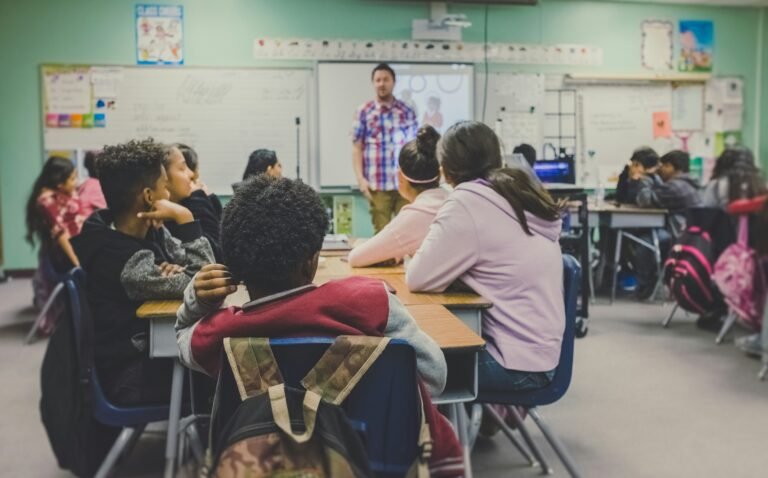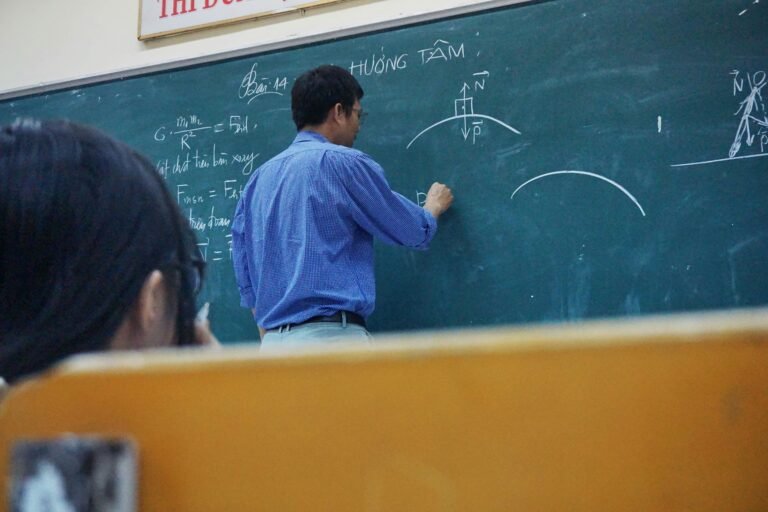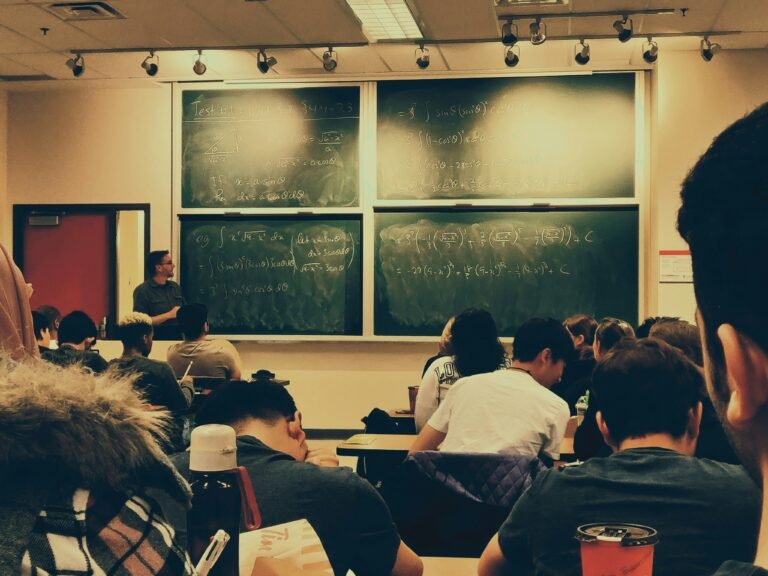System of Education in Pakistan Essay | ASHS Consultants
Education plays a fundamental role in the development of any nation. A strong education system not only improves individual lives but also empowers societies and builds prosperous economies. However, when it comes to Pakistan, the system of education still faces multiple challenges. In this system of education in Pakistan essay, we will explore the current structure, its problems, and what steps can be taken for improvement. This post is brought to you by ASHS Consultants, your trusted education advisors.

Overview of the Education System in Pakistan
The education system in Pakistan is divided into five main levels:
Primary (Grades 1–5)
Middle (Grades 6–8)
Secondary (Grades 9–10, leading to SSC)
Higher Secondary (Grades 11–12, leading to HSSC)
Tertiary (University level)
There are three parallel systems of education running in Pakistan:
Public (government) schools
Private schools
Religious madrasahs
Unfortunately, the lack of standardization among these systems has resulted in social and academic inequality.
Problems in the Education System
In this essay about education system in Pakistan, it is important to highlight the various issues that hinder progress:

1. Lack of Uniform Curriculum
There is no single national curriculum followed by all schools. Government schools follow different standards than private schools and religious institutions, causing disparities in learning outcomes.
2. Low Budget Allocation
Pakistan spends less than 2.5% of its GDP on education, one of the lowest in the region. This directly impacts the quality of infrastructure, teacher salaries, training, and resources.
3. Outdated Teaching Methods
Many schools still use rote learning and outdated teaching methods instead of promoting creativity, critical thinking, and problem-solving skills.
4. Urban-Rural Divide
The education gap between urban and rural areas is massive. Most rural areas lack access to quality education, qualified teachers, and even basic facilities.
5. Gender Disparity
Although improvements have been made, girls in many parts of the country still face barriers to education due to cultural norms, poverty, and lack of safety.
6. Lack of Vocational and Technical Education
Pakistan’s education system focuses heavily on theoretical knowledge rather than skills-based learning. As a result, graduates often struggle to find employment in the job market.
Why Reform is Necessary
This easy essay on education system in Pakistan would be incomplete without emphasizing the need for reform. A modern and inclusive education system is the backbone of any developing country. If we wish to compete on a global level, Pakistan must invest in education and ensure every child has access to quality learning.

Recommendations for Improvement
Here are some practical steps to improve the education system in Pakistan:
Adopt a Uniform National Curriculum: A well-designed, inclusive, and modern curriculum should be implemented across all provinces and schools.
Increase Budget: Allocate at least 4% of GDP to education to improve facilities, training, and materials.
Focus on Teacher Training: Teachers should be trained with modern pedagogical techniques and continuous development programs.
Encourage Public-Private Partnerships: The private sector can help improve infrastructure and introduce modern technologies in government schools.
Invest in Girls’ Education: Ensure safety, awareness, and incentives for families to send girls to school.
Promote Technical Education: Establish more vocational training institutes to prepare youth for real-world jobs.
Conclusion
To conclude this system of education in Pakistan essay, we must understand that without quality education, no nation can grow or succeed. The current system is fragmented, underfunded, and outdated. However, with proper planning, political will, and societal support, these challenges can be overcome. Education is not just a right but a foundation for national progress. It’s time Pakistan reimagines its education system and ensures it serves all segments of society equally.
At ASHS Consultants, we are committed to spreading awareness about educational reforms and guiding students toward a better future. If you’re passionate about making a difference or looking for guidance in your academic journey, visit us at ASHS Consultants—where education meets opportunity.

